It’s a clitic: how we process language structures
Even if we do not often think about it, we all know how to construct sentences in our native language, and these structures may affect how our minds process information. Professor Alice Harris from the University of Massachusetts Amherst in the US is seeking to understand how people who speak different languages process an important but often-overlooked linguistic feature called a clitic
TALK LIKE A LINGUIST
AFFIX – an addition to a word that modifies its meaning
CAUCASUS – a mountainous region between the Black and Caspian Seas that includes the nations of Armenia, Azerbaijan, Georgia and parts of southwest Russia. The region is known for its linguistic diversity
CLITIC – small word that is pronounced with another word
HOST – in linguistics, the base word to which a clitic attaches
LANGUAGE – a structured form of communication used by humans
LINGUISTICS – the scientific study of language and its structure
Linguists write the word or phrase they are discussing in italics, such as You’ll read this. If the word or phrase is in a foreign language, it is followed by its translation in quotation marks, such as Leerás esto ‘You’ll read this’. These conventions have been followed in this article.
Linguists seek to understand how the brain can make sense of spoken language, which is just a series of sounds. “It is important for scientists to understand how the human mind processes words,” says Professor Alice Harris. Alice works in the University of Massachusetts Amherst’s Department of Linguistics, where she is interested in deciphering how we process linguistic features called clitics and affixes.
“Clitics are little words that are pronounced with another word,” says Alice. “For example, in English, the word will can be pronounced as part of another word, as in She’ll know.” Clitics are related to another linguistic feature called affixes. Affixes are additions to words that alter their meanings, either at the start (prefixes such as un- in unkind) or the end (suffixes such as -ing in walking). “Clitics may turn into affixes as language changes,” says Alice. “Learning how clitics and affixes are understood by the brain helps us comprehend how the mind processes words.”
WHERE IN THE WORD
Linguistics often involves breaking words down into their constituent parts and working out the significance of each and how they interact with one another. “Although clitics have been studied a great deal in terms of sentence structure and sound systems, there has been barely any research into how speakers understand clitics,” says Alice. “Our work will reveal some aspects of this.”
Alice’s team is interested in uncovering whether people’s understanding of affixes or clitics varies depending on where the clitics or affixes are placed within the word – before, after or even in the middle. Where these placements occur or how easily they can be compared will vary depending on the language. To better understand this issue, Alice’s team decided to investigate an array of languages with very different structures.
Portuguese presents a good example of this. “In Portuguese, the clitic occurs after the host in adoramos-te ‘we adore you’, but before the host when the phrase is negative, as in não te adoramos ‘we do not adore you’,” explains Alice. This presents a straightforward example of how the researchers can investigate differences in comprehension depending on clitic placement, without many other aspects of the sentence itself changing.
DIVERSE LANGUAGES
Languages vary significantly across the world. Although there are similarities among languages with common roots – Italian and Spanish, for instance, both originate from Latin – there are many languages that are very different from one another. For instance, Mandarin and English have few similarities, in part, because they do not have common roots.
To get a universal understanding of how our brains can make sense of language, research must go beyond just a small subsection of commonly studied languages. “Previous research into affixes has focused on several European languages that are all related and rather similar,” Alice explains. “None have very complex word structure, and most have only certain types of structures.” To seek a broader understanding, Alice’s team has selected some far less-studied languages.
The nation of Georgia is found where Europe meets Asia, in the Caucasus. Its 3.7 million residents mainly speak Georgian, a language that is distinct from more widely used languages. “We selected Georgian because it has a complex word structure and prefix-suffix pairs that can be easily contrasted,” says Alice. “For instance, we compared the ease of understanding the prefix v- ‘I’ with the suffix -s ‘he, she, it’, which are placed in different parts of the word – comparing v-ban ‘I bathe’ to ban-s ‘she bathes’.”
Udi is an even less known language, spoken only by a few communities in the Caucasus region, the largest being a village of 4,000 people in Azerbaijan. “We selected Udi, along with European Portuguese, because these languages permit clitics to occur in more positions than other languages,” says Alice. “Because of these different positions, we can study how speakers understand clitics when they are in different places relative to the host word. This can’t be done with most European languages.”
EXPERIMENTS
The team ran several kinds of experiments to gather the information they required. “One experiment involved playing recordings of native speakers saying real words or phrases in different orders, together with nonsense words with real affixes or clitics,” says Alice. “The task for the participant was to say whether each was a real word or phrase, or not. We were interested in whether their speed or accuracy changed according to the position of the affix or clitic.”
A member of her team, Jack Duff, a PhD student specialising in experimental linguistics, helped research Udi language to prepare for the experiment. The team found the challenges to their research also varied by language. “Udi is not well-documented,” says Alice.
Reference
https://doi.org/10.33424/FUTURUM301
“There is a dictionary, and grammar structures are known, but these don’t give the whole picture.” The team’s experiments involved asking native Udi speakers to wear earphones connected to a computer and press keys on a keyboard. “Some participants were not familiar with these instruments,” said Alice. “The biggest problem, however, was distractions. As we were conducting these experiments in participants’ houses, they would be distracted by children, neighbours or pets.”
The team had more success when working in a local school where there were fewer distractions. “For Georgian and Portuguese, however, we had all the language documentation we needed,” says Alice. “We also had improvised laboratories for running the experiments.” The team also ran a single experiment on English, where they had access to a full psycholinguist’s laboratory.
Now that Alice and her team have the data they need, the next step will be to analyse it, prepare their findings and publish their results. Then, the team aims to study even more languages using the same techniques, to see whether people’s understanding differs depending on a language’s characteristics.
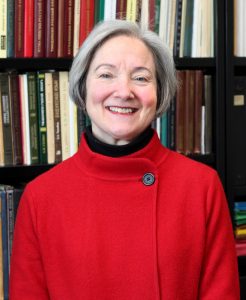 PROFESSOR ALICE HARRIS
PROFESSOR ALICE HARRIS
Department of Linguistics, University of Massachusetts Amherst, USA
FIELD OF RESEARCH: Linguistics
RESEARCH PROJECT: Studying whether the position of a clitic or affix affects understanding, across different languages
FUNDERS: The project was part of a collaborative project. Alice’s research project was funded by the US National Science Foundation (grant number: BCS 1729256) and the University of Massachusetts Amherst
ABOUT LINGUISTICS
Linguistics is a broad field, involving the scientific study of language and how people use it to communicate. Alice explains that there are many areas or specialities within linguistics that can be explored. These include:
- Phonetics – the study of how particular speech sounds are made
- Phonology – the study of sound systems in particular languages
- Morphology – the study of internal structures of words
- Syntax – the study of the structure of clauses and sentences
- Semantics – the study of the structure of meaning within language
- Psycholinguistics – the study of the relationship between linguistic behaviour and psychological processes
- Computational linguistics – use of computer modelling to study language
- Sociolinguistics – the study of the relationship between language and society
- Historical linguistics – the study of how languages change over time
- Pragmatics – the study of context and interpretations in a language
Alice explains more about linguistics and why the field is so important for science and culture.
Linguists explore language universals – what characteristics unite all languages? There are many ways of approaching this question. I find the analysis of under-studied languages the most rewarding because it is from these languages that we learn the most about how human language can vary.
Small languages are disappearing at an alarming rate. Without them, we won’t be able to determine the full extent of variation possible in human language. The range of variation informs us about the flexibility of the human brain.
Linguists can document languages by compiling dictionaries, collecting texts and conducting research on grammar. But this is no substitute for preserving a language. Languages only survive if native speakers decide to save the language, but linguists can offer various kinds of expertise and help. In addition to scientific understanding, there are humanitarian reasons for saving languages. Languages are the centre of people’s cultural identity, and when a language is lost, the culture is ultimately lost, too.
EXPLORE CAREERS IN LINGUISTICS
• Qualifications in linguistics can lead to a wide array of careers. As well as academia and research, these include communications, teaching, speech therapy, translation and positions within the civil service.
• Alice’s department sponsors the Freeman Lecture, an annual talk to which local high school students are invited. Their most recent presentation can be found on YouTube. Alice mentions that researchers from her department may be open to research projects with interested students.
• According to Indeed, the average annual salary of a linguist in the USA is around $81,000.
Linguistics involves skills from arts and science subjects. University courses may look for school qualifications in English language, psychology, computer science or foreign languages. For a career in an area like her own, Alice recommends skills in mathematics, computer programming and science, as well as foreign languages.
HOW DID ALICE BECOME A LINGUIST?
I have always been interested in languages. When I was young, this began as an interest in literature.
I became interested in linguistics following a series of lectures. Presented by M. L. Samuels at the University of Glasgow, the lectures got me interested in the history of English, which led on to linguistics.
Linguists need to be able to see patterns in language data. It’s important to be highly focused.
In my free time, I enjoy outdoor activities, including cycling, cross-country skiing and, especially, hiking. I spend a lot of time reading. I also write and am working on a memoir, some stories and some poems.
MEET JACK
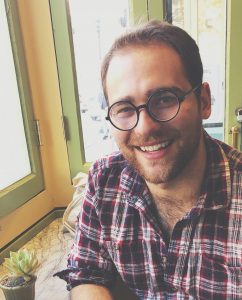
JOHN (JACK) DUFF
Department of Linguistics at the University of California Santa Cruz, USA
Professor Harris recruited me as a research assistant after I took a class she taught. Our research was in Azerbaijan, where I worked with Professor Harris and local consultants to identify the verbs to use in our experiment and record the consultants saying these verbs.
This was one of the first experiments I helped run. It was also the first time I had worked with native speakers to learn and study a language I didn’t speak myself. Presently, as a PhD student, I use these same methods to investigate similar questions. By using experimental tools and working with native speakers around the world, we can look beyond the structures of individual languages, and learn more about the universal patterns that really interest us.
In my other research, I study semantics and pragmatics. This is where questions about the structure of language meet questions about how we use language in the real world. The same sentence can have an entirely different meaning in a different context! My research investigates these differences and tries to understand how they fit into our existing knowledge about language.
My interest in language came from studying Latin in school. Learning Latin’s complicated structure led me to pay more attention to the complexities of my native language, English. That curiosity has persisted, leading to studying linguistics in college and, eventually, to answering language-related research questions as a PhD student.
It’s useful for a linguist to be curious about why people say and write the things they do. There are times when a friend has said something in conversation, and the words or sentence structure they use has shown me something new. I can then grab a pen and start asking lots of related questions – so, it’s also useful to have patient friends!
As a PhD student, I’m developing new research questions and practising teaching others about what I study. I hope to keep doing these things in the future, as a professor or as a linguist working in related fields in science or technology.
ALICE’S AND JACK’S TOP TIPS
01 Explore whatever aspects of language interest you – phonetics (the study of how particular sounds are made), phonology (the study of sound systems in particular languages), morphology (the study of the internal structure of words), syntax (the study of the structure of clauses and sentences), semantics (the study of the structure of meaning), computational linguistics, sociolinguistics, historical linguistics and more.
02 Be curious about how you and other people use language. Ask yourself questions like, “How does it change this sentence if I say the words ‘a dog’ instead of ‘the dog’?” or “Why does it sound so funny to say `The train arrived for two hours’?” A well-developed sense of curiosity is the most important tool in any scientist’s toolbox.
Do you have a question for Alice?
Write it in the comments box below and Alice will get back to you. (Remember, researchers are very busy people, so you may have to wait a few days.)

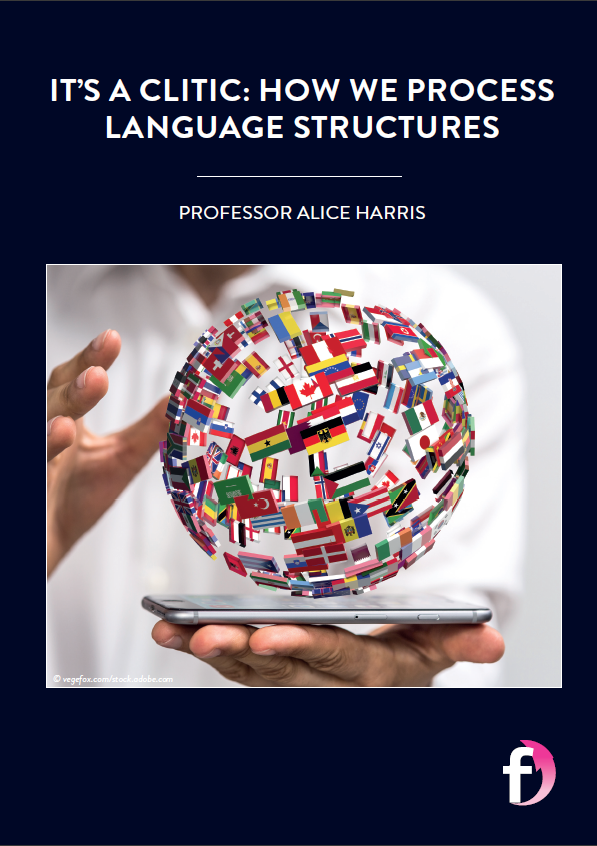
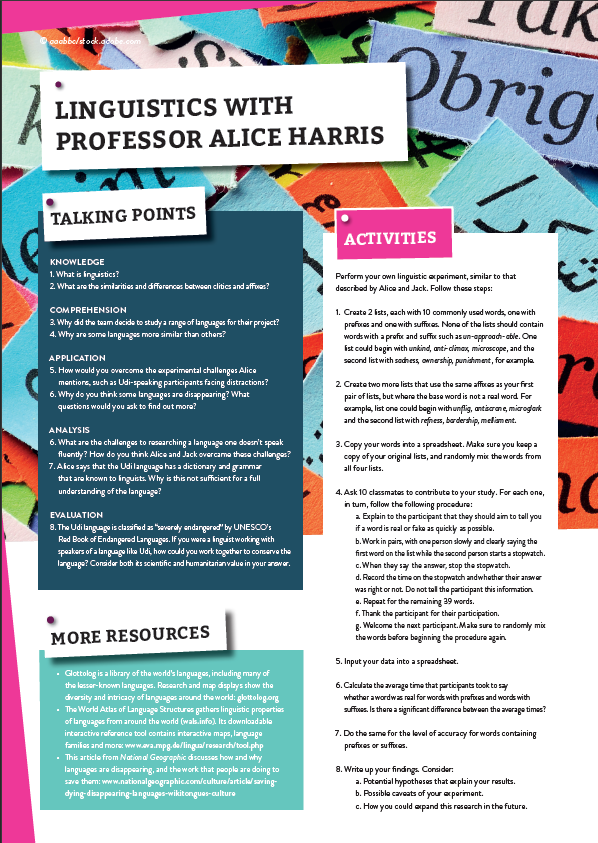
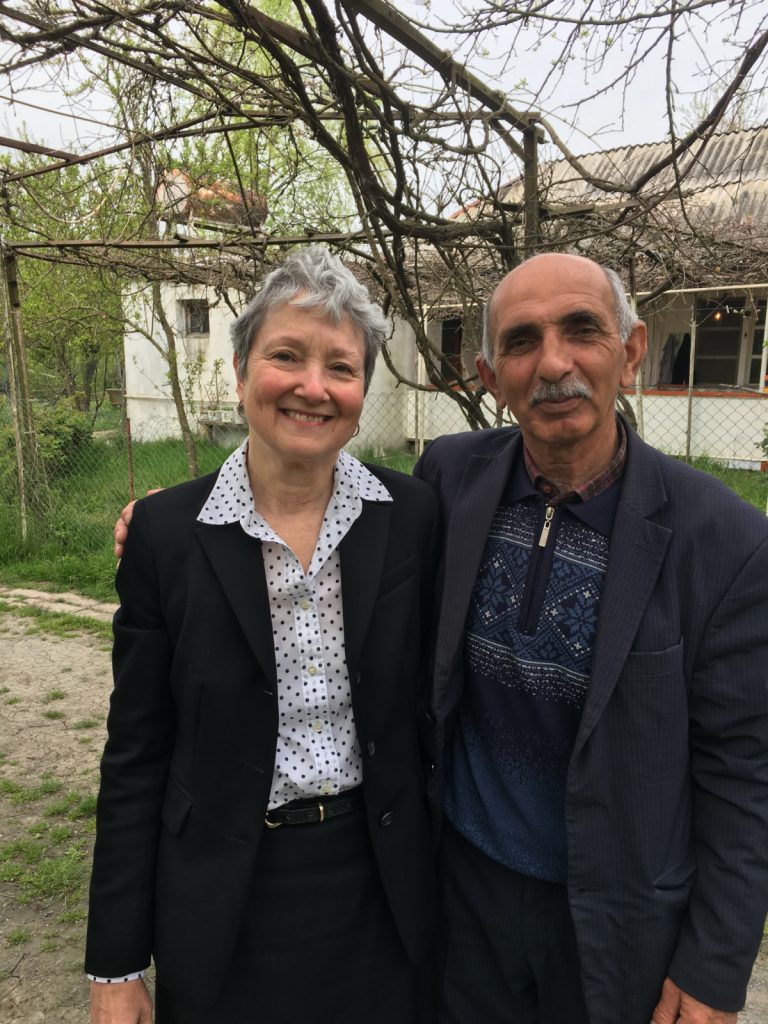
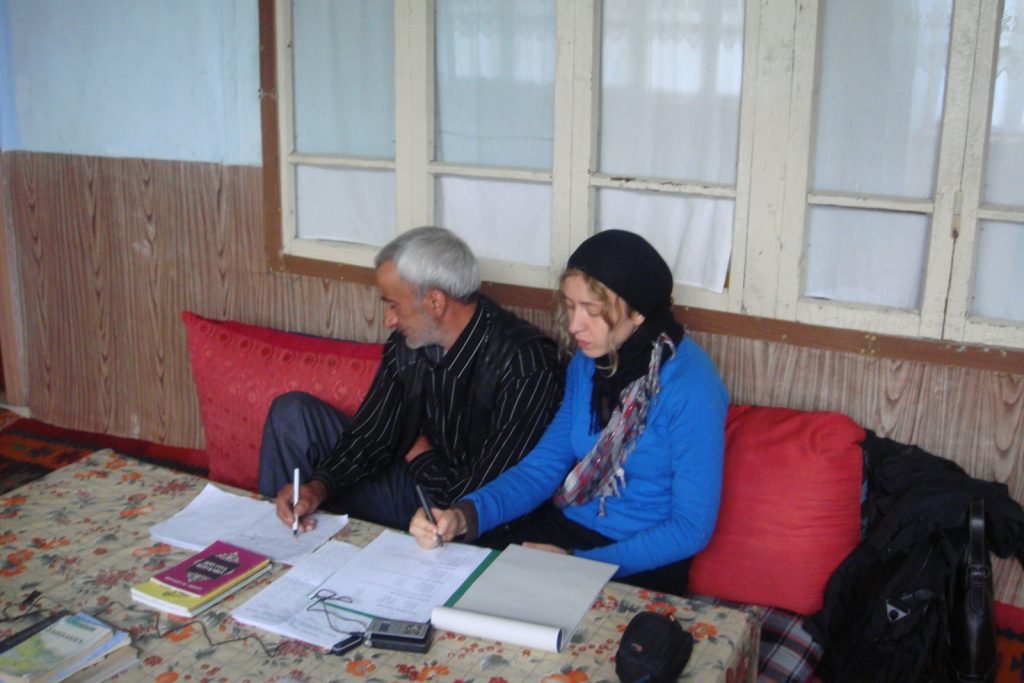
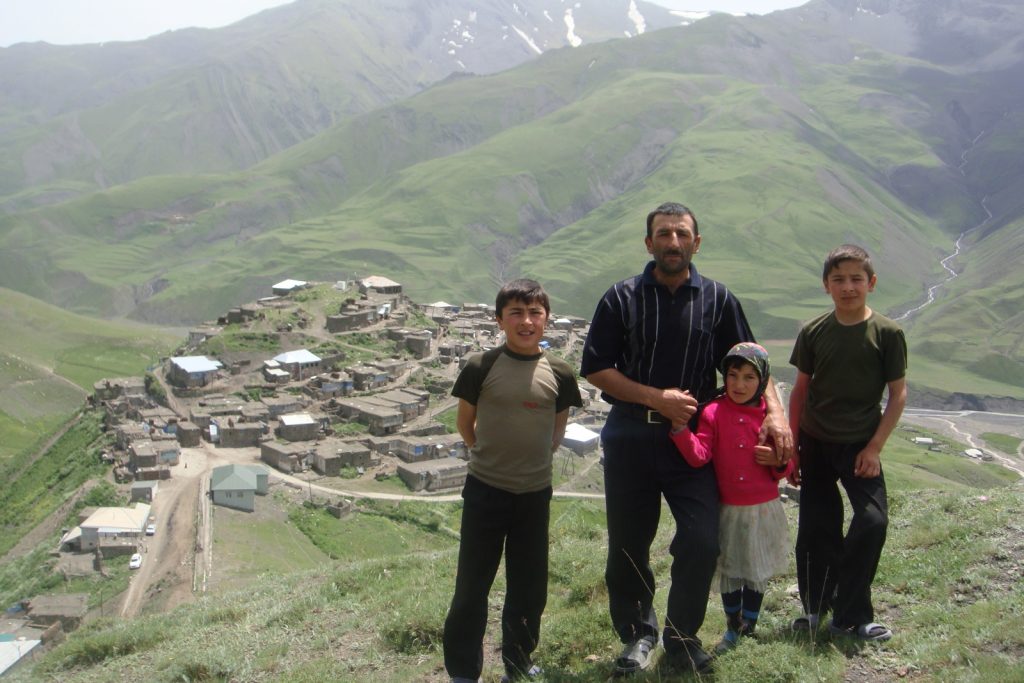
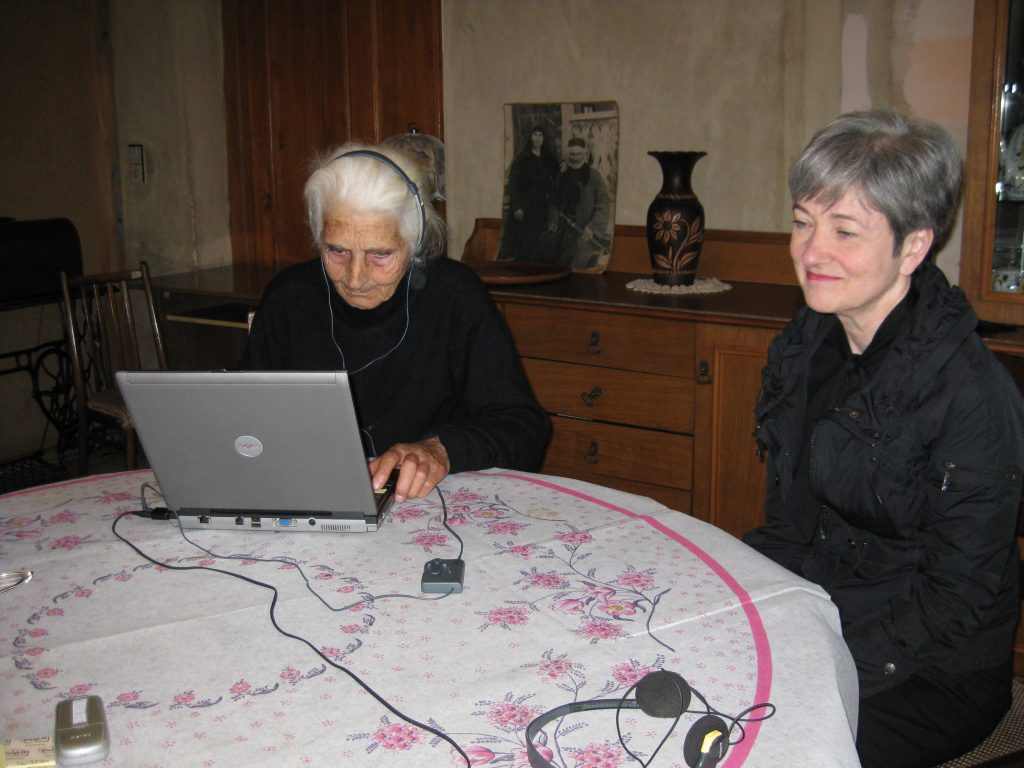
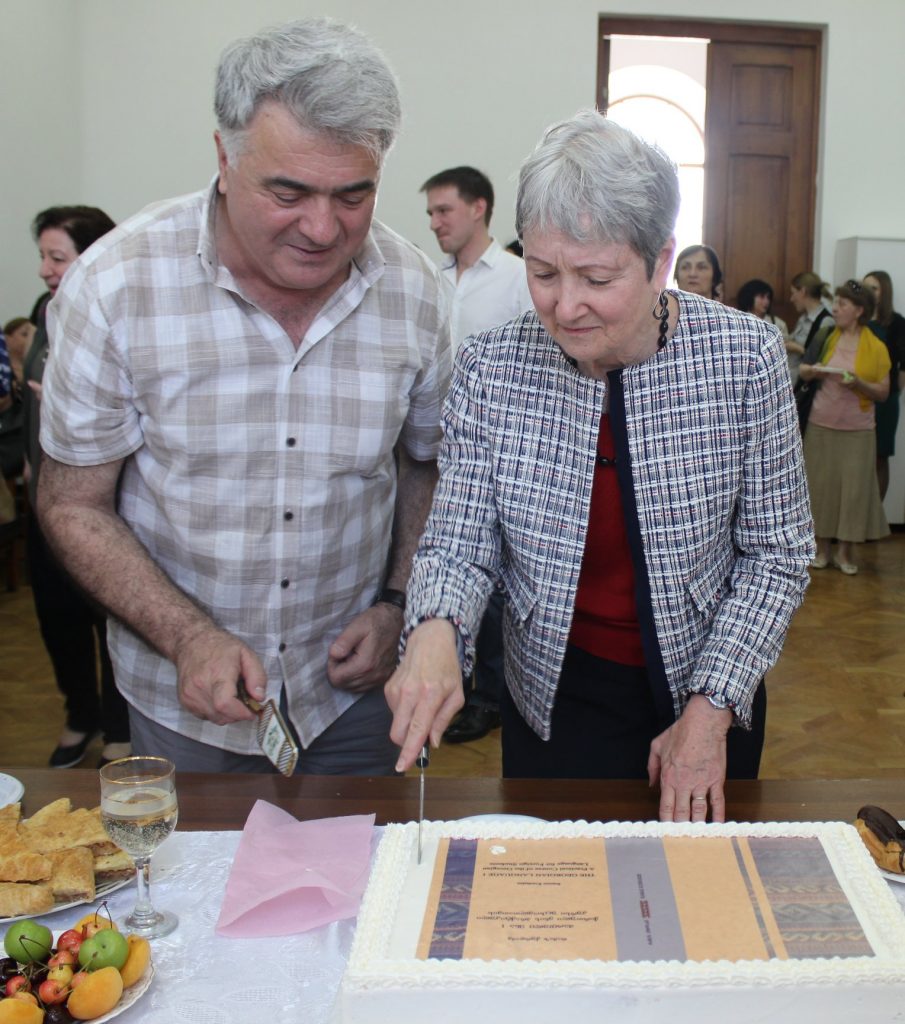


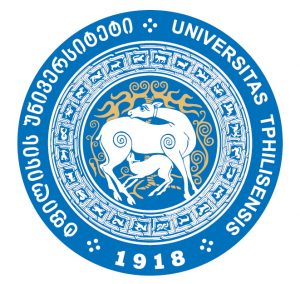
What is the data Presentation and Analysis of CLITICS